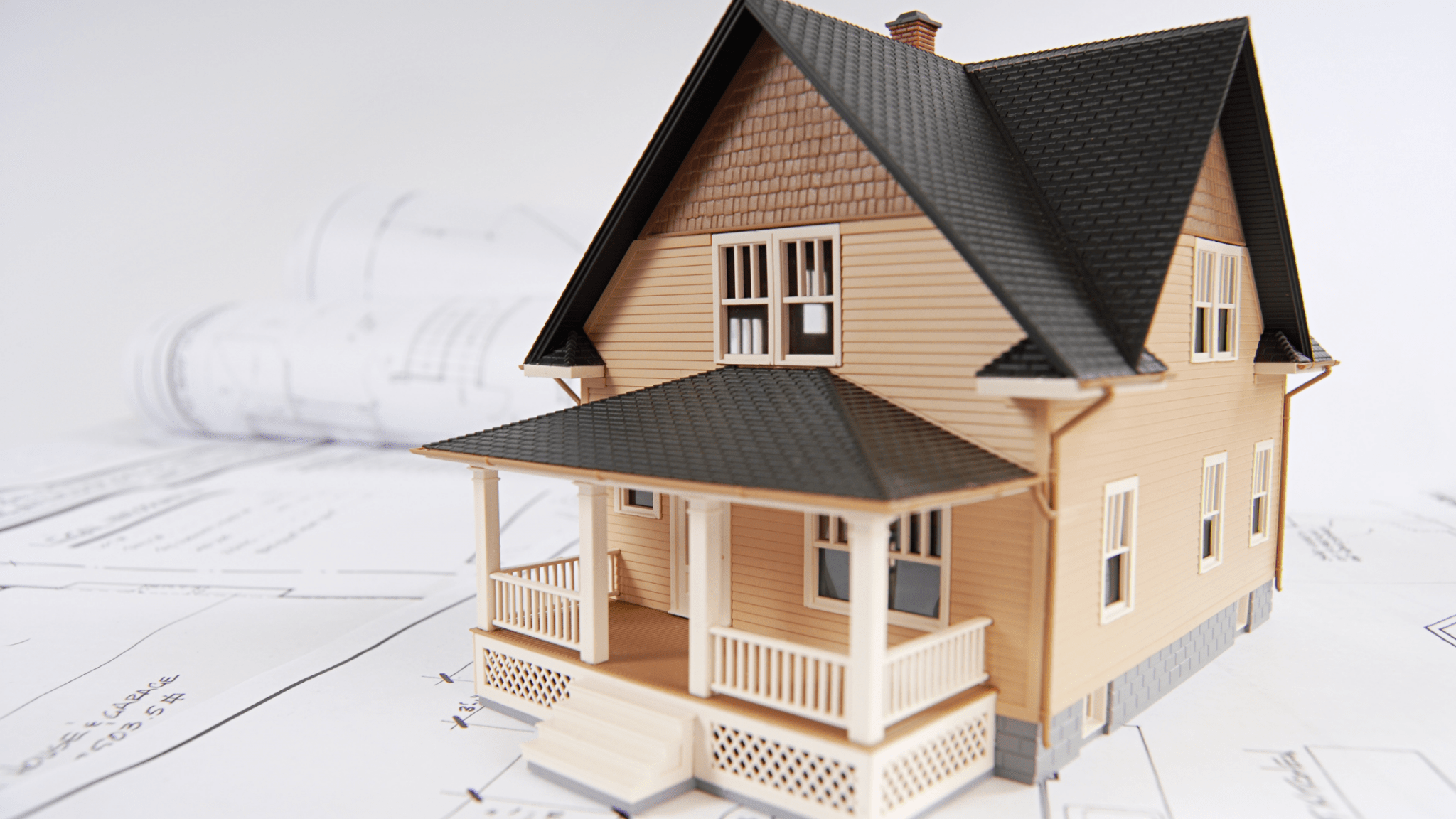Given how competitive the current real estate market is for a home, I have many clients who are deciding to focus their attention on buying vacant lots. While the dream of designing your own custom-home is appealing, there are certain issues that can make buying a vacant lot and building on it more complicated than purchasing a home that already exists. Here are a few items to consider:
HST
There are many factors that determine whether the sale of real property is subject to HST but, in many cases, the sale of a used residential home is not subject to HST. Vacant land, however, is more likely to be subject to HST. As a result, buyers should insist that the purchase price is inclusive of HST or confirm the sale is not subject to HST before signing an agreement of purchase and sale.
Financing
Unfortunately, most major lenders will not provide financing to purchase vacant land. As a result, buyers will need to come up with their own cash to purchase the lot or find a secondary lender to finance the purchase (which will usually have undesirable terms, such as a high interest rate). So, buyers should make sure they are confident in their ability to cover the purchase price before agreeing to purchase a vacant lot. Beyond financing the purchase of the land, obtaining financing to cover the cost of construction is also more complicated than obtaining a mortgage for an already-built home. Therefore, buyers should also consult with lenders before purchasing a property to inform themselves of the likelihood of obtaining a loan and how the construction financing process works.
Building What You Want
For most people, the main appeal of buying vacant land is to build the home they want. However, there are a variety of restrictions that could result in a buyer not being able to construct their dream home. Some items to consider are zoning (e.g. you can build a single house but not a secondary dwelling), floodplain (which could prevent you from building on the lot altogether), easements (e.g. if there is a large easement on the property exactly where you want to build), restrictive covenants (these are registered on title and may require you to build something that is a certain size, not plant certain tress, not alter the slope of the property, etc…), water quality (i.e. ability to dig a well and water potability), environmental (confirming the land is not contaminated), waterfront issues (e.g. you cannot build a boathouse), and site conditions (a property that has a lot of rock, is not easily accessible, or does not have utilities connected to the road will be more expensive to build on).
This is not an exhaustive list but highlights some important items that could dictate what can be built on a property and how expensive the construction may be. Also, if a buyer is not planning to build for some time, there is the risk that the law could change (e.g. zoning is amended, the property is now deemed to be on a flood plain, etc…) so what was possible at the time of purchase no longer may be five years from now. Therefore, buyers should do their due diligence ahead of time to inform themselves of what is and is not possible.
Construction Contract
Once a buyer has purchased the property and is ready to begin construction, the buyer will need to enter into a contract with a builder. These agreements can be complicated and should deal with a variety of important terms, such as what the timeline for construction is (including a finish date), what the payment schedule is going to be (this is usually coordinated with your lender in terms of how much they will advance at the foundation stage, the framing stage, etc…), what is included in the price (this is very important to ensure that there are no surprises), how construction lien holdbacks are being handled, that the home is registered for TARION, what insurance the owner and builder will have during construction, and what the specifications are for the home (e.g. finishes, materials, plans, etc…). Much like my due diligence comments, this is not an exhaustive list but provides some insight into some items that should be included in a construction contract.
Conclusion
While buying a vacant lot and building a home may seem daunting, it can also be a very rewarding experience. The key is to do your due diligence ahead of time so that there are as few surprises as possible. In the end, you will hopefully have your dream home and all that hard work will be worth it.
This blog post was written by Jason Peyman, a member of the Real Estate and Business Law teams. He can be reached at 613-369-0376 or at jason.peyman@mannlawyers.com.








